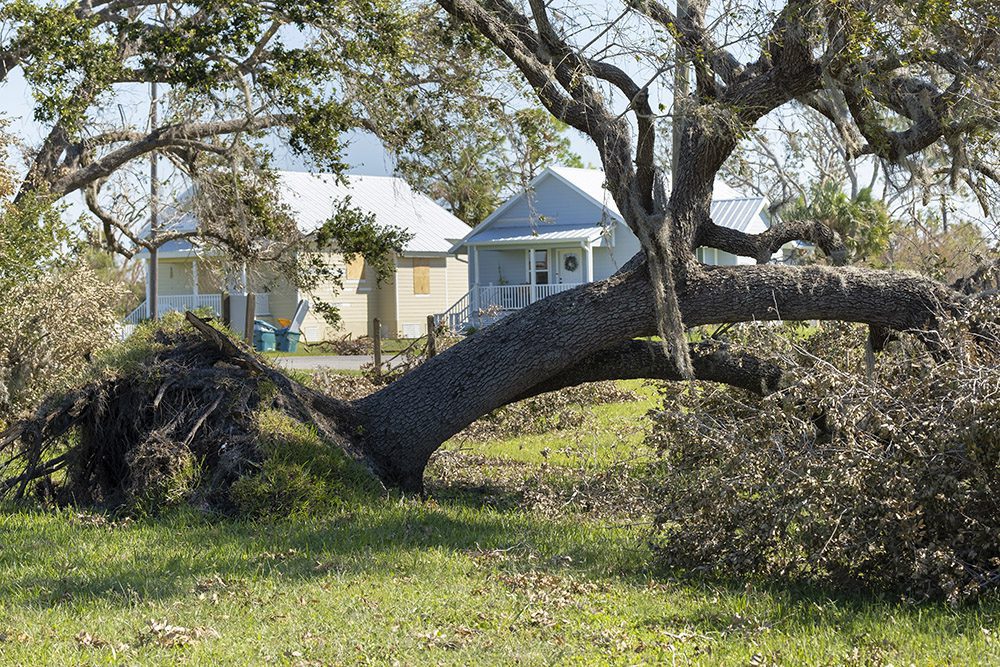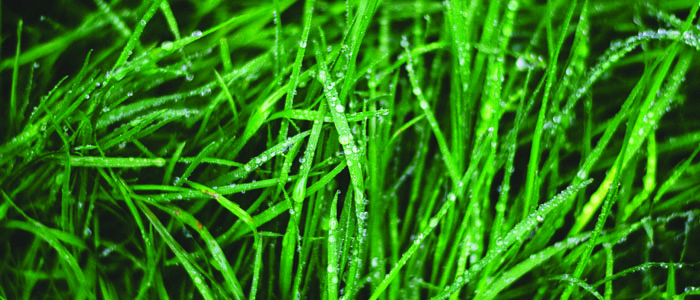
Have you been bitten by the love bug? That’s pretty common around Valentine’s Day, and not to be confused with the lovebug, a black-bodied insect, with a reddish-orange thorax that’s known to copulate in midair. Those lovebugs are not native to New York. They come from Central America and the American Gulf Coast and don’t actually bite. But if you’re falling in love this Valentine’s Day, you want things to be perfect. You don’t want your dream date ruined because your home has a pest problem.
What Types of Pests are Common Right Now?
Most of the pests seen around Valentine’s Day are animals such as mice, rats, rodents, raccoons, and squirrels. They can be dangerous to your home. Rats can carry parasites and diseases, while mice can spread disease through their droppings. Squirrels can chew through wires if they get into your home. Raccoons won’t chew through wires, but they’ll do damage if they get into your attic. Removing these animals should be done by professionals because there are laws that apply to the removal of wildlife that could apply in these cases.
You won’t see a lot of insects during winter weather, but we’re a month away from the start of spring and you need to keep an eye out on insects that can damage your home. Two types of insects that are constant problems to homeowners are termites and carpenter ants. Termites eat wood, while carpenter ants don’t, they can still do major damage to your home because they tunnel their way through wood. They can also nest inside your home. Termites can create dirt colored tubes in your home or leave dropped wings. If you start to see signs of these insects, you need to get rid of them fast before more damage is done.
Did you know some bugs have love problems or flings too?
Bed bugs give us the creeps. They invade our beds and feed on our blood when we are most vulnerable – in our sleep! What they’re less known for is the way they mate. Male bed bugs mate by stabbing the underside of the female’s hard exoskeleton. Then they hold on while she continues about her business. This “style” of mating is called traumatic insemination.
You may have heard about female black widow spiders and praying mantises eating their partners after copulation. A gruesome way for him to go, but nourishing for her.
I have an even better one for you!
In some species of midges, females will “kiss” the male after they copulate. As sweet as it sounds, this is not some amorous display of affection or gratitude. Actually, the female is sucking up the male’s insides. I guess milkshakes aren’t good enough for female midges.
Do nice guys really finish last? Maybe among water striders.
If you live near calm water, you’ve probably seen these insects gliding across the surface. They’re a delectable meal for fish, and male water striders use this to their advantage. If a female does not wish to copulate with a male, he will trap her beneath him and tap on the water. This may seem harmless, but what he’s actually doing is attracting fish. Males do this to hurry the female up. If she keeps struggling, she’ll get eaten. That’s harsh.
Fireflies
Fireflies are fun to watch and catch in the summer, but their glow is not for our amusement. There could be many different species of fireflies blinking in your backyard. How a male finds a female of his species is by the frequency and intensity of her glow. Sometimes, females will mimic the flash of another species in order to seduce a male of that species. What for? To eat him! Apparently, in the insect world, males are tasty morsels. I’m going to go ahead and say that this is not true in the human world.
From a pest management perspective, it’s important to know pest behaviors because that understanding can help us control pests and use less pesticide. Of the pests above, bed bugs are probably the biggest concern for most people, but this information is still important to know, if not interesting.








